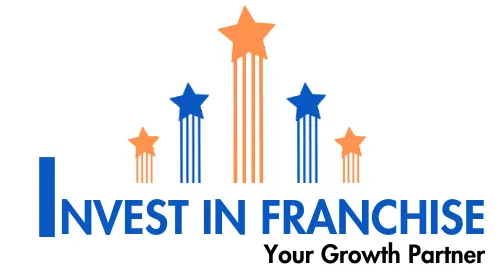What is Franchising? Learn the Basics of This Popular Business Method
Introduction:
You want to run a business and have heard about franchising—and you're intrigued, but you aren't sure if a franchise opportunity is the right choice for you. You're in the right place. This page will give you an overview of what franchising is, giving you a better foundation of knowledge as you begin your journey towards (potentially) being a franchisee. A contractual relationship between the franchisor and the franchisee in which the franchisor offers or is obliged to maintain a continuing interest in the business of the franchisee in such areas as know-how and training; wherein the franchisee operates under a common trade name, format or procedure owned by or controlled by the franchisor, and in which the franchisee has made or will make a substantial capital investment in his business from his own resources.
The Origin of Franchising
Commonly when people think about the beginnings of franchising, the company that comes to mind is McDonald's, but franchising has older roots than the fast food giant. The modern-day concept of franchising is widely believed to have originated in the 1850s with Isaac Singer. Singer was seeking a way to distribute his sewing machines outside of his immediate area, but he also wanted to instruct customers how to properly use them. Since he couldn't be in more than one place at once, he began selling licenses to selected entrepreneurs in different parts of the country. This business tactic proved to be the predecessor of the current franchise agreement.
Business Model
According to the International Franchise Association (IFA), franchising is defined as: A contractual relationship between the franchisor and the franchisee in which the franchisor offers or is obliged to maintain a continuing interest in the business of the franchisee in such areas as know-how and training; wherein the franchisee operates under a common trade name, format or procedure owned by or controlled by the franchisor, and in which the franchisee has made or will make a substantial capital investment in his business from his own resources. Simply, a franchise is the right or license granted by a company (the franchisor) to an individual or group (the franchisee) to market its products or services in a specific territory or area.
How Does a Franchise Work?
In a franchise business setup, franchisees gain access to a franchisor's business system, know-how and experience in exchange for their monetary investment and personal labor. This way, the franchisees can shorten the learning curve that comes with starting a business. It's a way for franchisees to avoid a significant portion of the time and money spent that typically comes along with developing a business idea. On the other side of the deal, by licensing out its business system and pledging support to franchisees, the franchisor allows itself the opportunity to expand into areas it may have had difficulty expanding to without the additional money and manpower.
Franchise Business Models
The two most common forms of franchising are product distribution and business format. In product distribution franchises, franchisees sell or distribute the franchisor's products through a supplier-dealer relationship. The franchisor licenses its trademark and logo to the franchisees but typically does not provide them with an entire system for running their business. Dealers are a typical form of product distribution franchises. The industries where you most often find this type of franchising are: automobile services, soft drink distribution, equipment dealers, and gas stations. In business format franchises, the franchisor licenses their brand to a franchisee for use with a predetermined way of conducting business. Franchisees, after they have signed the franchise agreement, are given access to not only a franchisor's product and/or service, but also their trademark(s), and their complete method for conducting the business itself. This method includes items such as training, computer systems, marketing plans, operations manuals, and more. Most franchises available are business format opportunities.
A Very Common Business Format
Despite its popular association with food, business format franchising is extremely diverse and not confined to a narrow range of business segments. Name an industry and there's likely a franchise in it. There are over 3,000 franchise concepts operating in the United States. Also, while it's true that the most popular franchise businesses such as McDonald's and Subway have outgrown their humble beginnings and are now huge entities—operating thousands of units in numerous countries, the vast majority of franchise businesses are truly small businesses. Most franchise systems have fewer than 100 units total.

